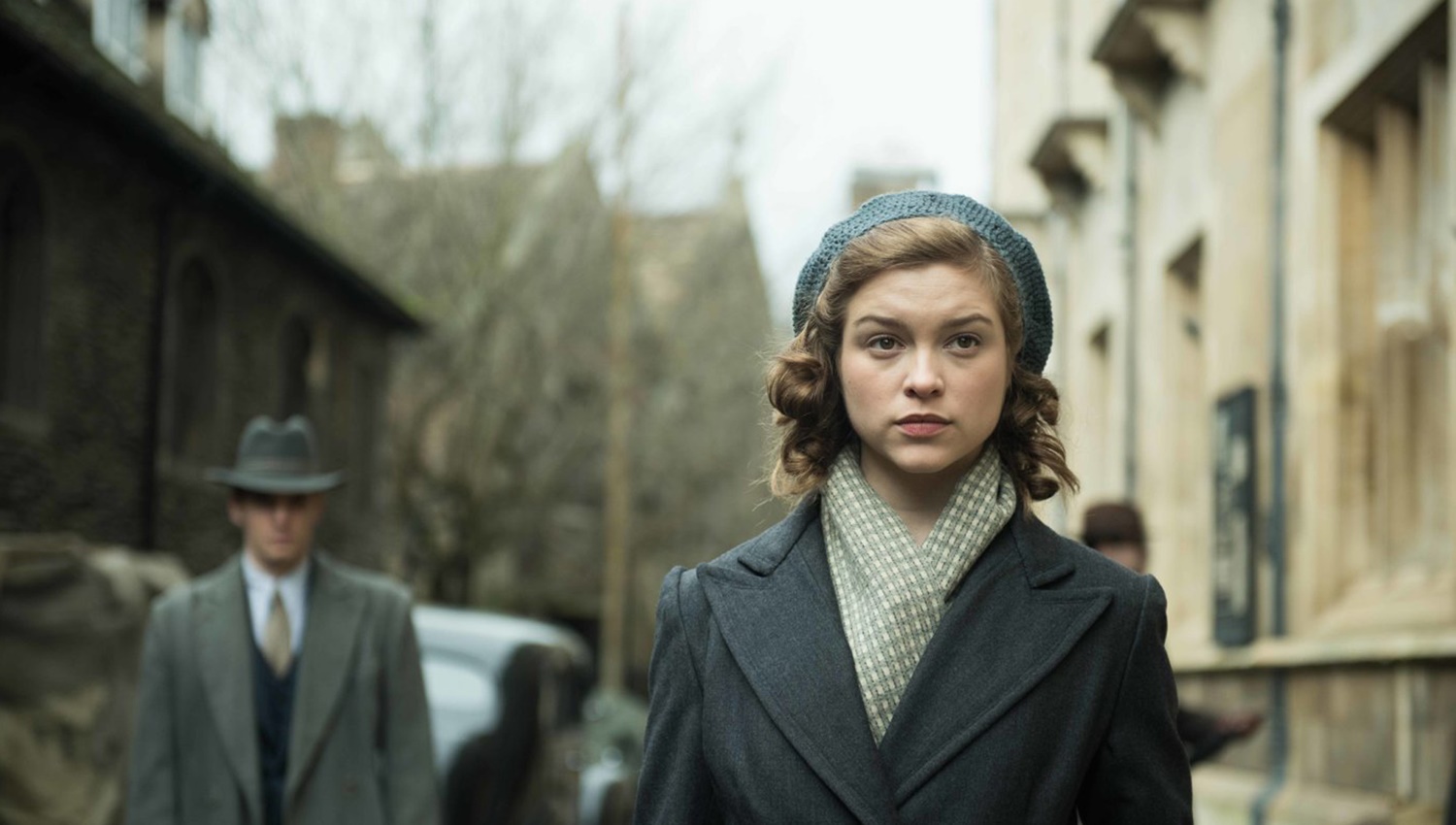
Red Joan
Dustin Chase
There are so many ways this spy drama could have gone, but the television turned movie director Trevor Nunn seems at odds with how to navigate through the backstory. “Red Joan” uses the same framework as “The Wife,” going back and forth between the present and the past. Oscar-winner Dame Judi Dench (her performance is the films only selling point) is barely given any screen time in the present. It’s a performance where they focus on her to look at things from the past as Cookson, the real lead of “Red Joan“, shows us who this woman was in her youth. Screenwriter Lindsay Shapero’s expertise is in television documentary, and it shows as her script chooses the dullest aspects of the story to focus on instead of the more exciting ones.
83-year old Joan Stanley (Dench) has just been arrested and accused of being a spy and a traitor to her country. She is charged with being the person who gave Russia information on the bomb during WWII. As she defends her position and choices, she thinks back to how it all started in 1938, when she was a first-year student at Cambridge. there she met Sonya Galich (Srbova), who was the opposite of Joan in every way. The two became friends. Through her friendship with Sonya, Joan met Leo (Hughes), who would become the love of her life. Both Sonya and Leo were involved in Communist groups, and Joan attended their meetings because “that was the thing to do then.” Slowly she is unwittingly recruited and begins sharing information between the British government, racing to build the bomb first, and her “friends” or at least the people she thought were her friends.
No creativity is applied to take "Red Joan" out of the Lifetime Channel lineup and into something everyone could enjoy.
Despite Joan traveling from one man’s bed to another, often at the suggestion of her friend Sonya, there isn’t anything remotely sexy about “Red Joan.” As a spy movie, there isn’t anything thrilling or captivating about this story. It’s easy to get lost in who is on which side and who is working against whom, Shapero’s story is far more focused on painting Joan as a weak, overly sensitive woman, who thinks with her heart instead of her head. Cookson (“Kingsman: The Golden Circle“) overacts in so many scenes the film starts leans more towards a soap opera than a spy drama. Briefly, the film cuts back to Dench, who is either being interrogated by the government or her son, who is learning all this about his mother for the first time. Besides a rather unbelievable tumble to the floor, Dench isn’t given much to do.
Shapero and Nunn could have taken some pointers from “The Imitation Game” and how that film weaved character building, and suspense into a more interesting story. Little is gained by flipping the story back and forth between past and present, the editing as presented here doesn’t enrich the story or the suspense in any way. Nunn’s idea of presenting a Cold War-era spy is extremely traditional, complete with trench coats, phone booth conversations, and file cabinets containing top secret files. Sure, things might be presented as ultra-realistic here, but it’s also dreadfully boring. No creativity is applied to take “Red Joan” out of the Lifetime Channel lineup and into something everyone could enjoy. The simple fact that Joan’s romantic life is the focal point of the script, instead of her life as a spy, is unfortunate.
Final Thought
The only bomb being dropped in this WWII spy thriller is crappy, uninspired filmmaking.
